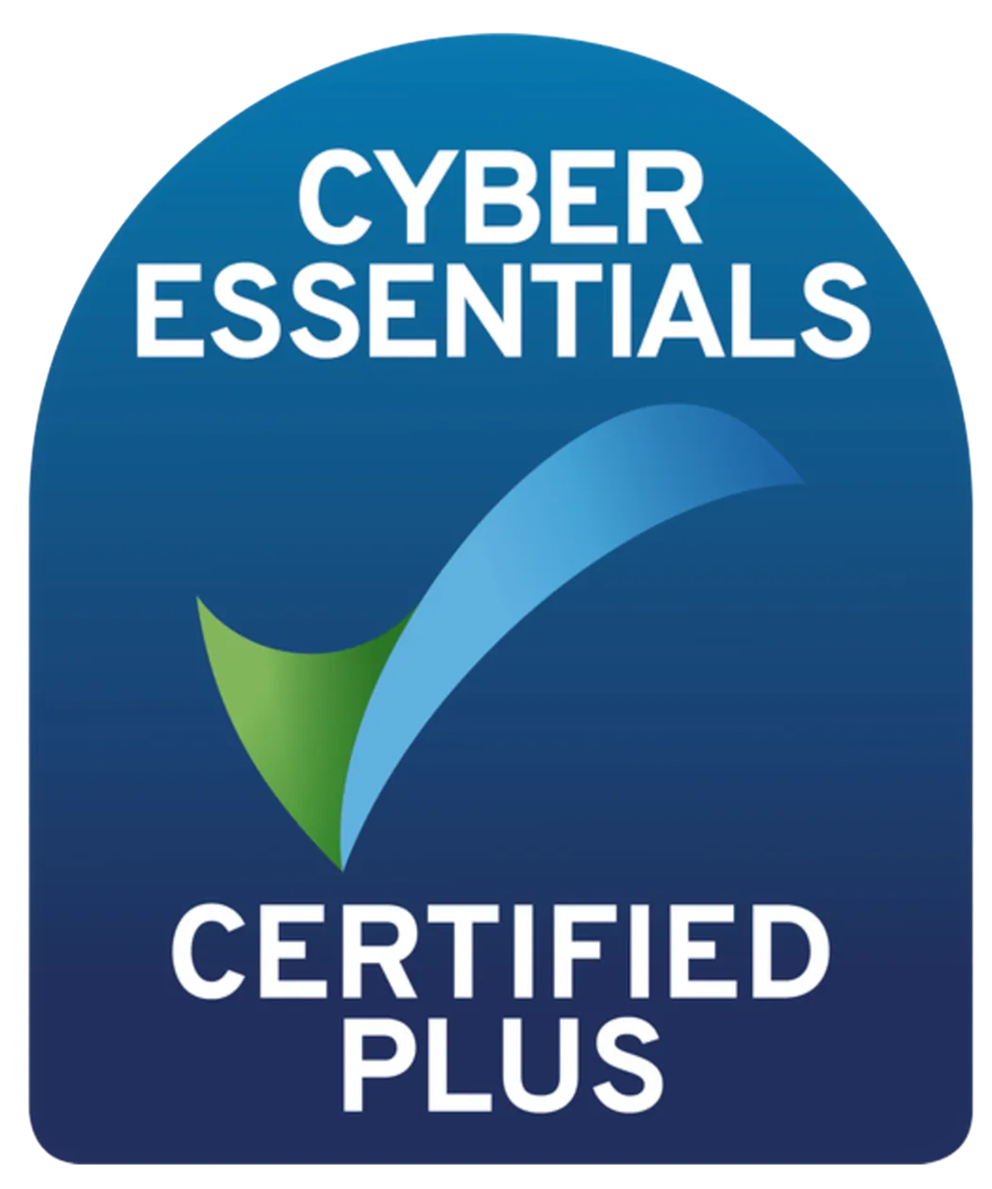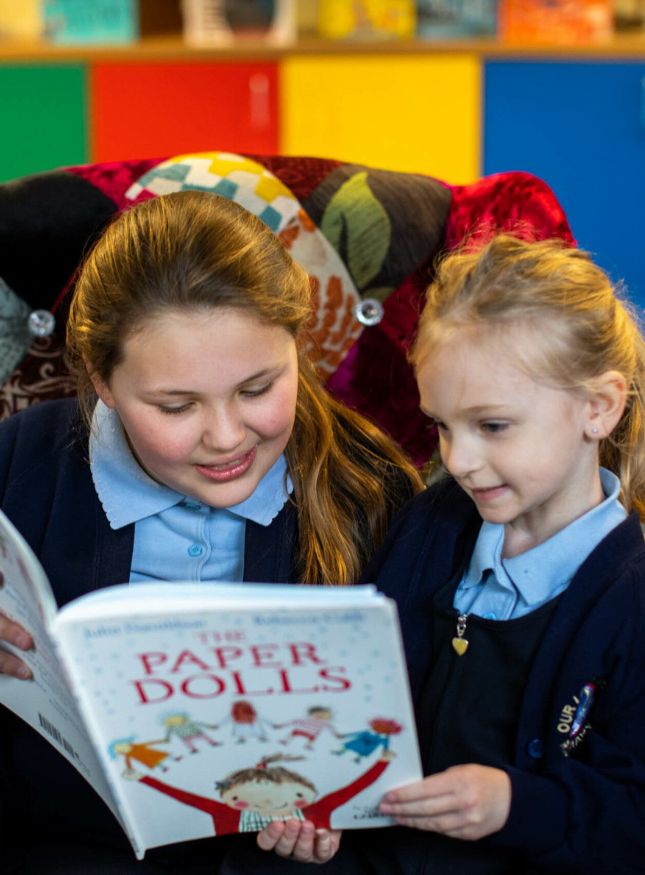It is every school’s statutory responsibility to safeguard and promote the welfare of children, as outlined by the DFE in its publication Keeping Children Safe in Education, which was updated for September 2024.
This means that a school must protect children from maltreatment, prevent impairment of children’s health or development, ensure that children grow up in circumstances consistent with the provision of safe and effective care and take action to enable all children to have the best outcomes.
At Our Lady and St Paul’s, we ensure that everyone who comes into contact with children and their families is clear on the role that they play in safeguarding children. All staff and governors renewed their safeguarding training during September 2024. New members of staff are trained as part of their induction package.
Our Lady and St Paul’s is committed to providing a safe and secure environment for all children, staff and visitors. In addition, we promote an ethos where children and adults feel confident about sharing their concerns about their own safety or the well being of others.



